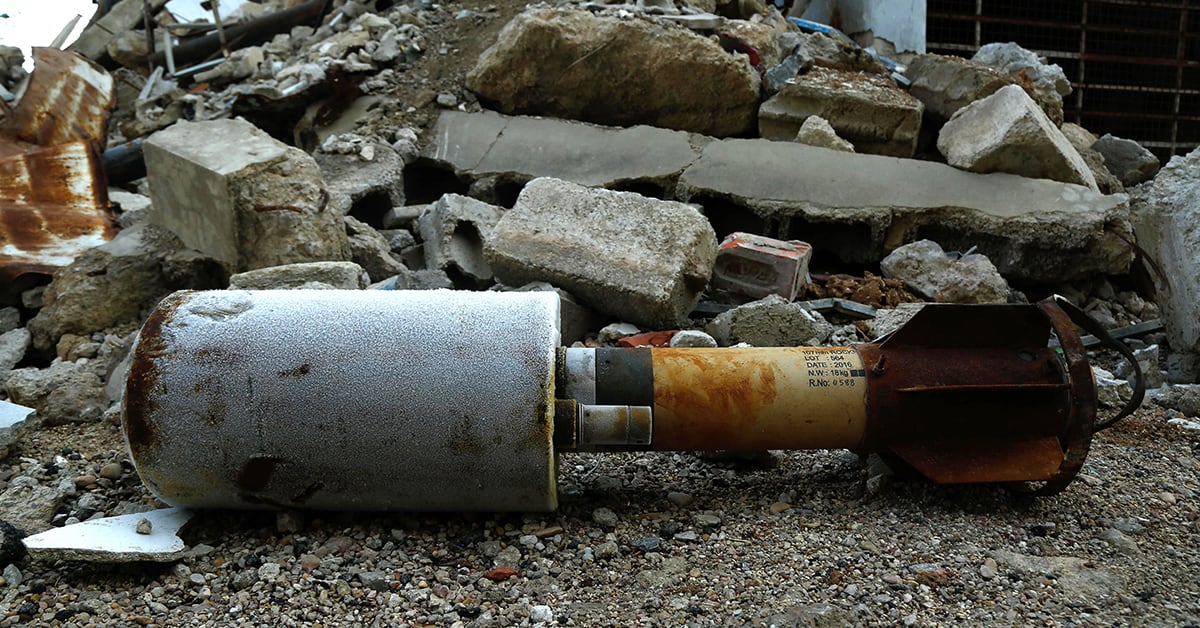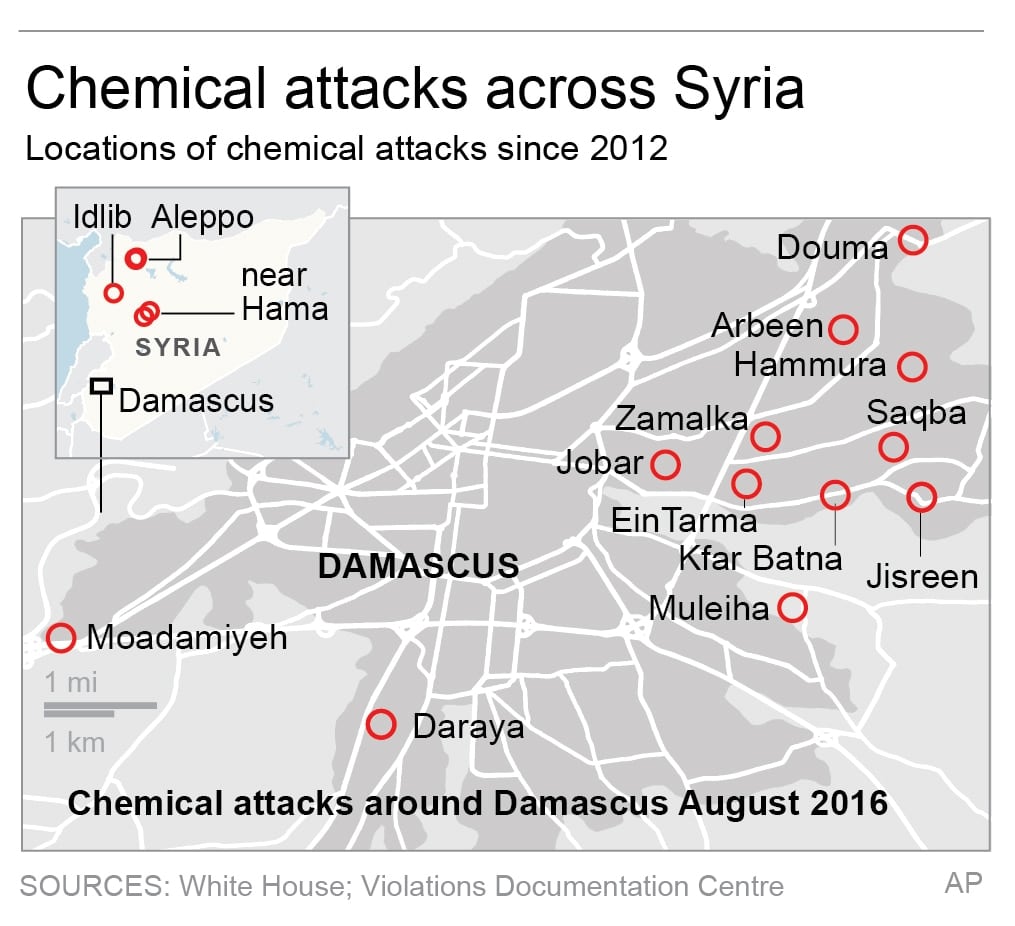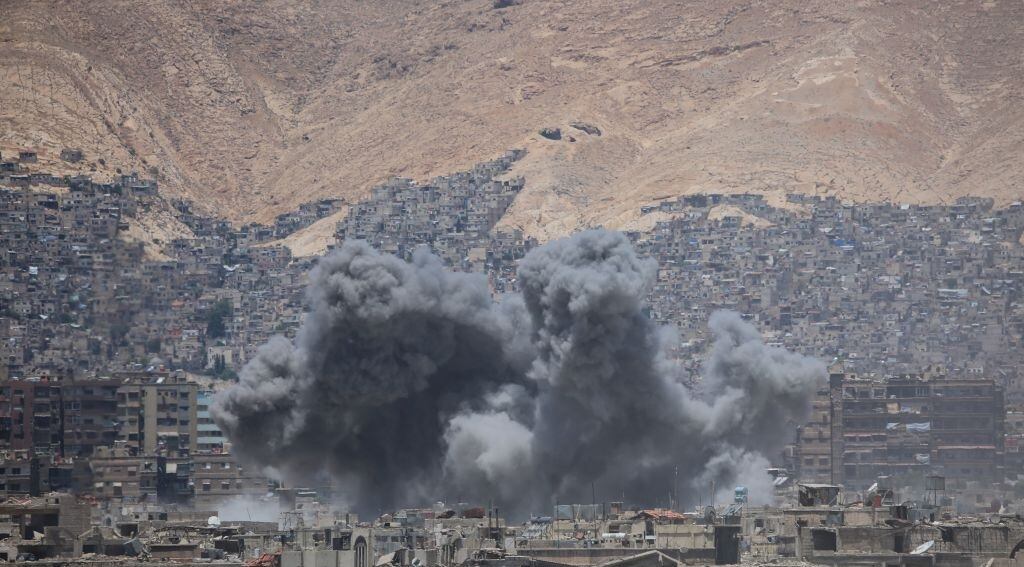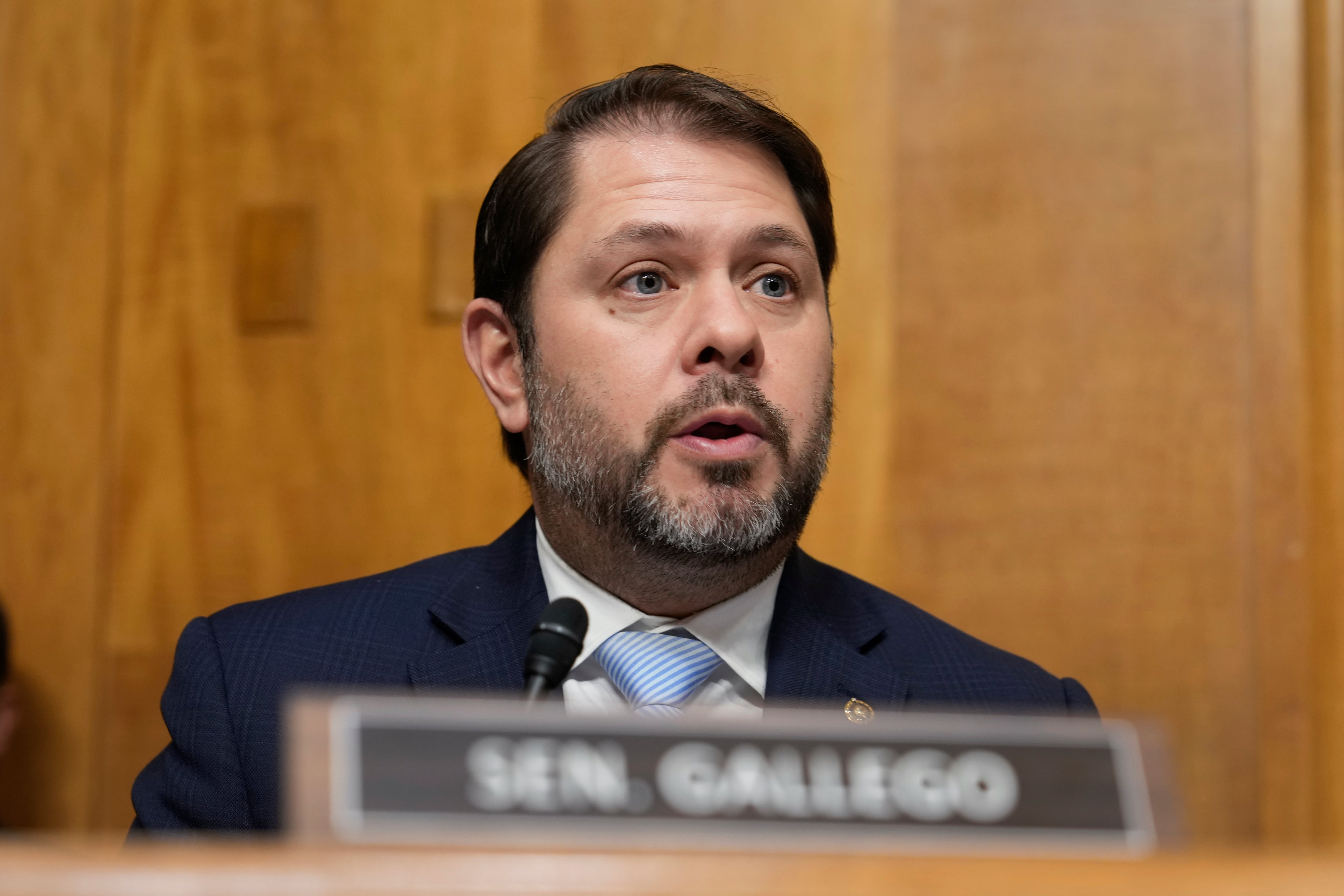On Tuesday, Russian officials claimed that militants are preparing to use chemical agents in Syria, and intend to put the blame on the government of Syrian President Bashar al-Assad, according to Tass, a state-run news agency in Russia.
Russian Army Gen. Valery Gerasimov said that the United States is planning to then use the chemical attack as a way to "furnish the so-called ‘evidence’ of the alleged mass civilian deaths through the fault of the Syrian government and the Russian leadership supporting it."
"As a countermeasure, Washington plans to deliver a missile and bomb strike against Damascus’ government districts," Gerasimov said, according to Tass.
RELATED

Those assertions are a distraction from the Assad regime’s own use of chemical weapons in the Syrian capital of Damascus, according to Marine Maj. Adrian Rankine-Galloway, a Pentagon spokesman.
“It is impossible to ignore the growing body of evidence that Syria is continuing to use chemical weapons on its own people — a clear violation of international law,” Rankine-Galloway told Military Times. “As Secretary Tillerson said in Paris in January, Russia ultimately bears responsibility for the countless Syrians targeted with chemical weapons since Russia became involved in Syria.”

The Pentagon is urging “Russia to stop creating distractions and compel the Assad regime to stop brutalizing innocent Syrian citizens and allow much-needed aid to reach the people of East Ghouta and other remote areas,” Rankine-Galloway said.
Eastern Ghouta is a suburb of Damascus that has been a focal point for attacks by pro-Assad forces against rebels opposing the regime.
Rankine-Galloway added that Russia has so far failed to resolve the issue of chemical weapons in Syria, which is “enabling the Assad regime’s brutality.”
“Russia is morally complicit and responsible for Assad’s atrocities,” he said.
Part of Russia’s posturing appears to be in response to comments made by U.S. Ambassador to the United Nations Nikki Haley on Monday, in which she pleaded with the UN to stop the Syrian regime’s bombing of civilians.
“The United States remains prepared to act if we must,” she said. “It is not the path we prefer, but it is a path we have demonstrated we will take and we are prepared to take again.”
Russian Foreign Minister Sergey Lavrov responded to those comments on Tuesday, saying that "if a new strike of this kind takes place, the consequences will be very serious.”

"Mrs. Haley should understand that it is one thing to irresponsibly exploit the microphone in the UN Security Council and it is another thing when both the Russian and American militaries have communication channels and it is clearly stated via these channels what can be done and what must not be done," Lavrov said, according to Tass.
RELATED

The back and forth remarks also come on the heels of warnings by U.S. Defense Secretary James Mattis that it would be “very unwise” to use any chemical weapons in attacks, according to the Associated Press.
“Right now we’re getting reports — I don’t have evidence that I can show you — but I’m aware of the reports of chlorine gas use,” Mattis said before Sunday during his overseas trip to the Middle East.
Mattis added that the reports of pro-Assad forces killing civilians in eastern Ghouta shows they are “at best indiscriminately” attacking and “at worst targeting hospitals.”
“I don’t know which it is, whether they’re incompetent or whether they’re committing illegal acts, or both,” Mattis said.
Kyle Rempfer was an editor and reporter who has covered combat operations, criminal cases, foreign military assistance and training accidents. Before entering journalism, Kyle served in U.S. Air Force Special Tactics and deployed in 2014 to Paktika Province, Afghanistan, and Baghdad, Iraq.




